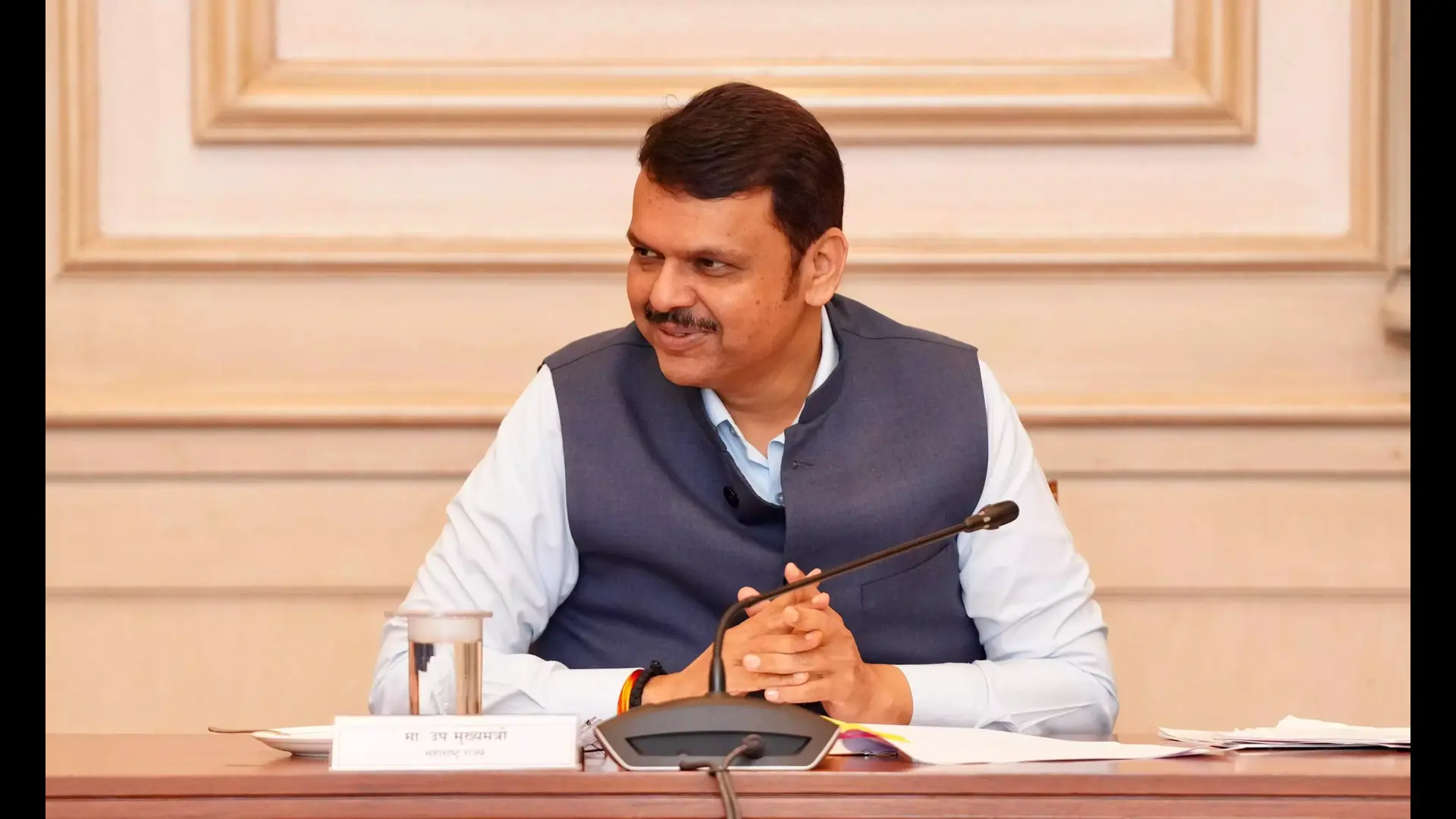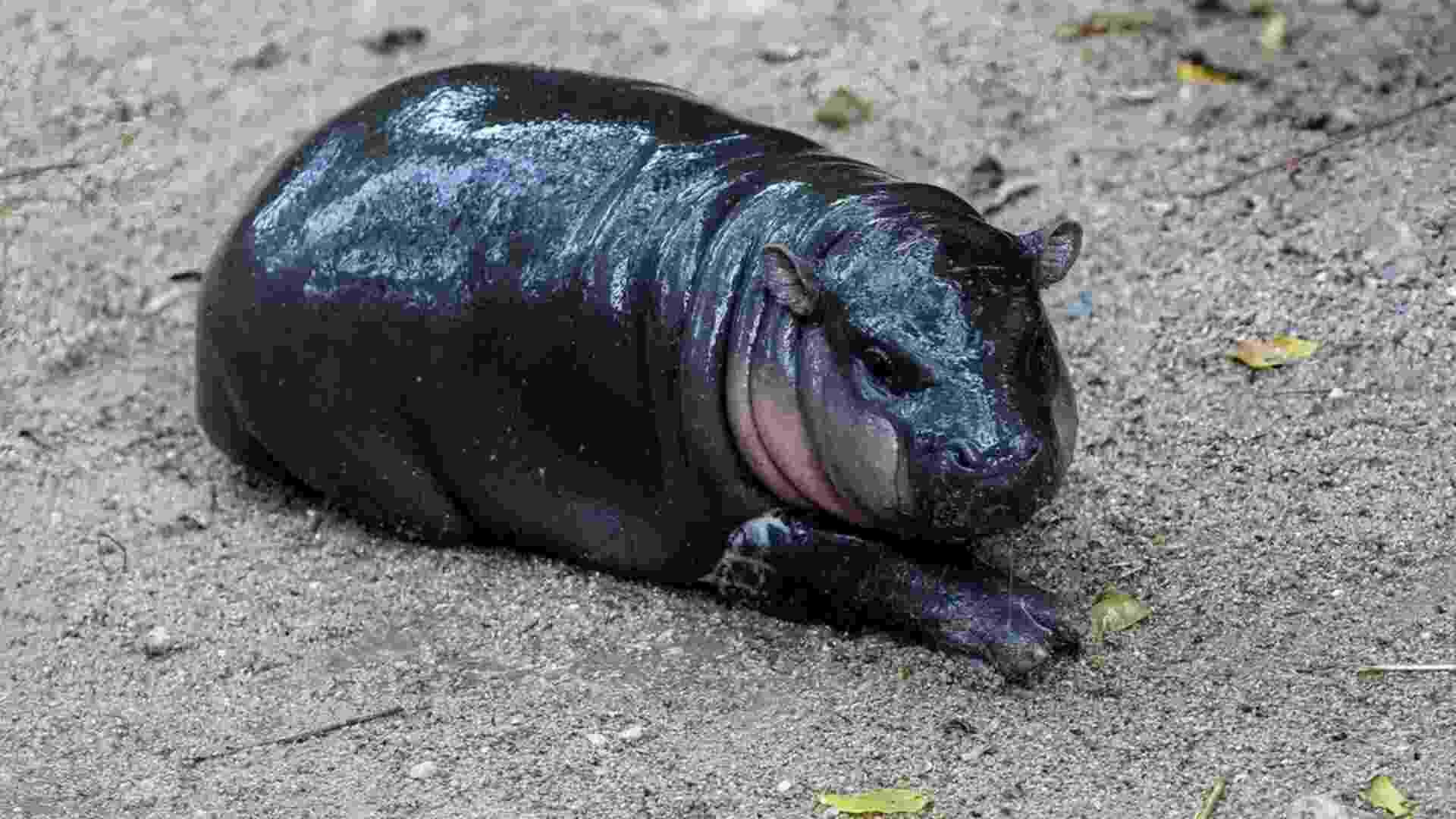
“Things change. Stuff happens. Life goes on.” — Elizabeth Scott
And so it goes. Post the massive, unexpected disruption inserted into human lives, thanks to the global pandemic, we are once again picking the threads and taking small steps to get back to a semblance of “normalcy”. Across the world, economies are now in unlock mode and people are timidly and worriedly moving about — for work, for essentials and some non-essentials as well. Resuming lives, living it the way it was lived before corona, seems to be the new focus. Offices have opened up; public transport has slowly resumed; shopping malls and complexes are also open; places of worship have opened up and local modes of transport like buses and trains are also functional to a limited extent. And there is talk of schools and colleges also resuming their sessions. While we go about our daily tasks, the virus is ensuring that those of us out there are masked, chalked, and placed in “circles”. A new set of circles are now visible — made out from chalks that demarcate where people can stand and maintain a respectable social distance. A common sight these days, everywhere, and rightfully so!
After all, the virus is spreading unrelentingly, the number of people infected has now crossed 11.2 million around the world, and no end to this health crisis seems to be in sight. What also makes it worse is that there is no vaccine or no known cure till now. Newer symptoms are emerging and social issues caused by the disruption are still burning bright. Somewhere there is the realisation that it will be a long time before life actually becomes normal again!
But still, life is going on. Have we just re-aligned ourselves to the changed realities? In the face of such an unprecedented, life-altering occurrence, the inner resilience of human beings has once again come to the fore. This sense of “normalcy” can only be explained by the premise that we seem to have reached the final stage of “acceptance” as postulated by the Kubler-Ross Model. As with any sudden change in life, positive or negative, seen or foreseen, as a society, we seem to have gone through the various stages of coping with the ensuing health crisis: from the immediate shock and disorientation, when all activity had to be suddenly suspended, to an emotional outpouring, ranging from anger and sadness to gratitude and thankfulness, to coping with a “new normal”, trying to move on with life as best possible in the given circumstances.
This moving on with life and readjustments as we cope with changed realities hearkens back to the cyclical and circular nature of life. Call it nature or the divine, it symbolises the infinite nature where change and transformation results in the old giving way to the new: older life/ways of life regenerating into the new. Everything in nature is circular and cyclical. There is a regenerating aspect amidst the change and destruction, be it from one day to another, from sunrise to sunset, from one season to another, from life to death. There are ups, there are downs, but life goes on. Changing every moment, there are moments of happiness, sadness, defeat, and triumph, destruction and regeneration. Moving in cycles, nothing is permanent.
From personal lives to lives of certain global trends, circular movements are in vogue. The world is witnessing another cycle coming to a close: the cycle of globalisation and de-globalisation. “Globalisation”, “global supply chains”, “the world is one factory” — all these clarion calls were loud and clear in the mid-19th century during what can be termed as the first wave/ phase of globalisation. The second phase is said to have commenced post World War-II. International integration in goods, services, capital and labour markets became the norm of the day and every country was gravitating towards production and consumption as one “global village”. Something that became more of a reality with the Internet and travel boom in the first two decades of the 21stcentury. However, with the pandemic wreaking havoc, policies of governments across the world are aiming to address the concerns of their respective citizens and protect their national interests, there is growing clamour for inward-looking economic policies. Obituaries for the impending death of globalisation are in the works.
Another circle that seems to be playing out is the circle of changing habitation models. Habitation patterns are shaped by cultural, economic and historical factors. It was economic factors which were mainly responsible for seeing an increasing trend towards urbanisation in India, post-Independence. As per the 2011 Census, 78 million domestic migrants moved from rural to urban areas. The urban population of India has increased from 26 million in 1901 to 377 million in 2011, which is 31% of total population. The ongoing Covid-19 pandemic has seen a reverse migration of the urban population back to rural India. Till 12 June 2020, about 4,277 Shramik Special trains have transported approximately 60 lakh people to their destination states. Many more were seen taking the road to head home to their villages. The social disruption caused by this mass exodus from cities has re-sparked the discussion that the need of the hour is to develop a self-reliant village ecosystem, something on the lines of Mahatma Gandhi’s Gram Swaraj concept, and Nanaji Deshmukh’s idea of selfreliant village development.
How these circles will pan out over the next few months remain to be seen. There are presently many unknowns: The path this virus will take, will there be a second or a third wave? How quickly can a cure or vaccine be discovered? How can it be administered to all? These are some of the variables that would decide how the circles of human emotions, of social distancing and globalisation, habitations will spin.
It is said, “In the end, everything’s going to be ok. If it’s not ok, it is not the end.” The end is always a full circle. Hopefully, this adage will apply to the deadly virus, which will disappear, having completed its life cycle, leaving behind positive new beginnings, amidst the trail of destruction.
Harini Srinivasan is a writer and an editorial and programme management consultant. Anuradha Guru is an officer of the Indian Economic Service.














